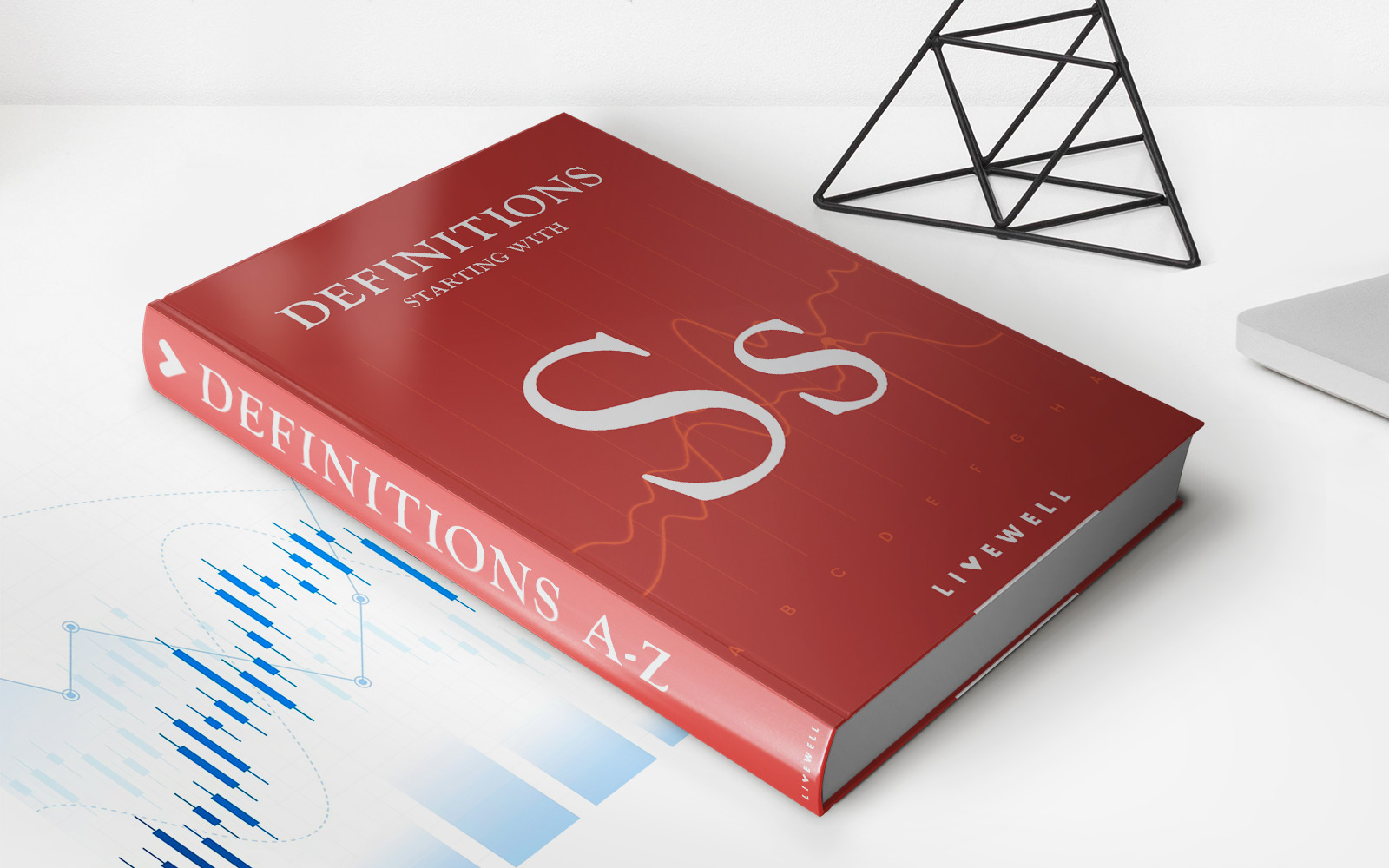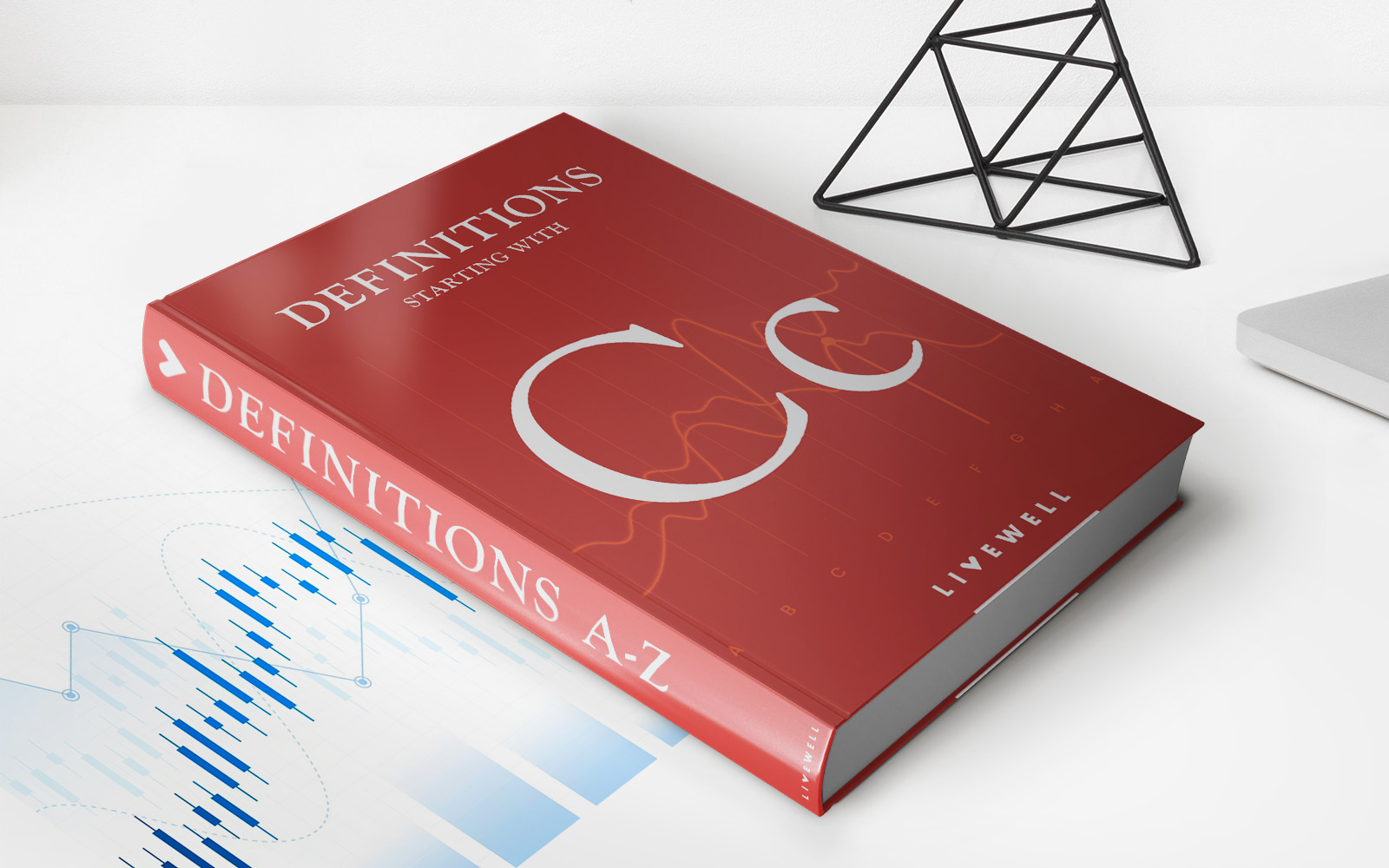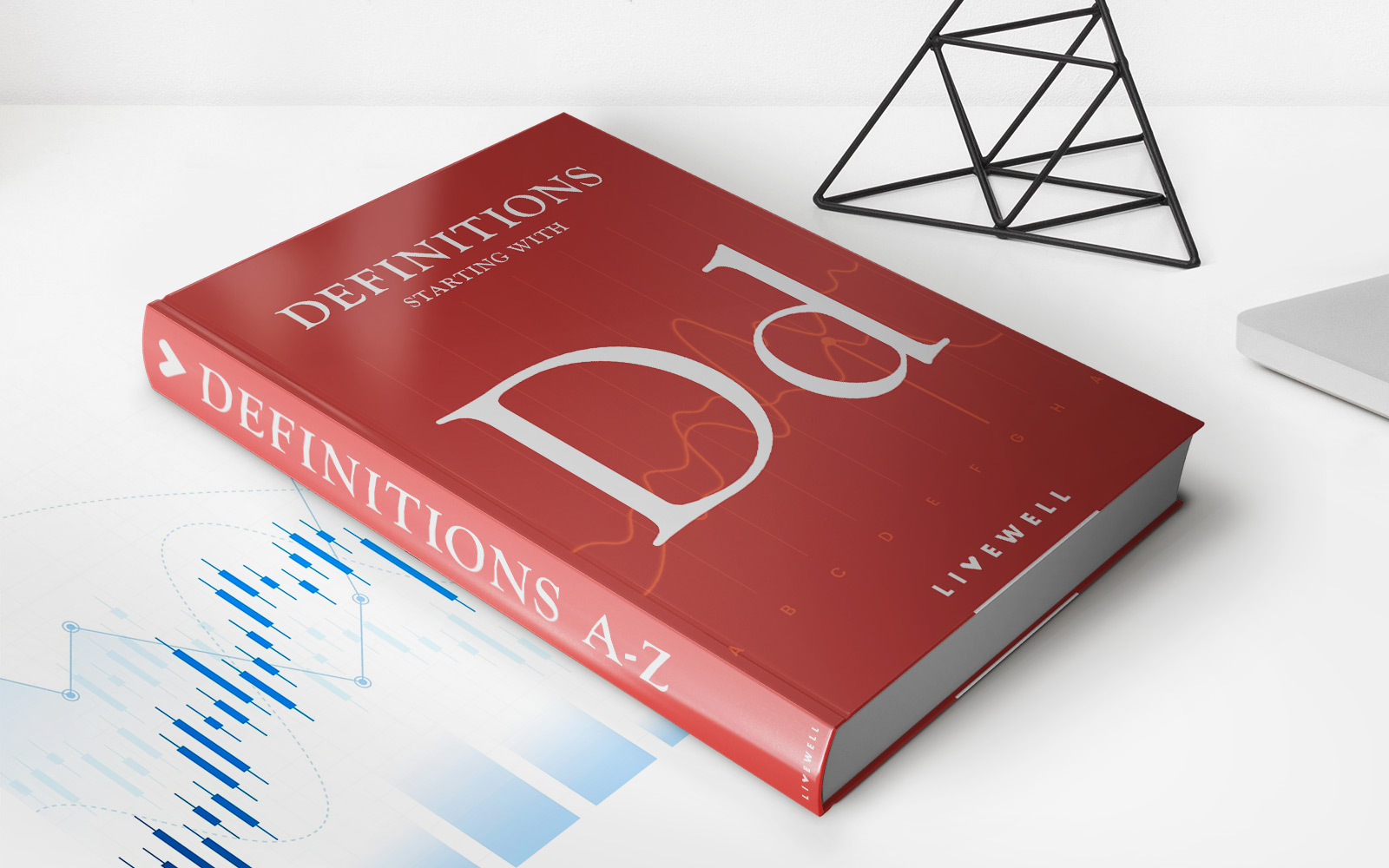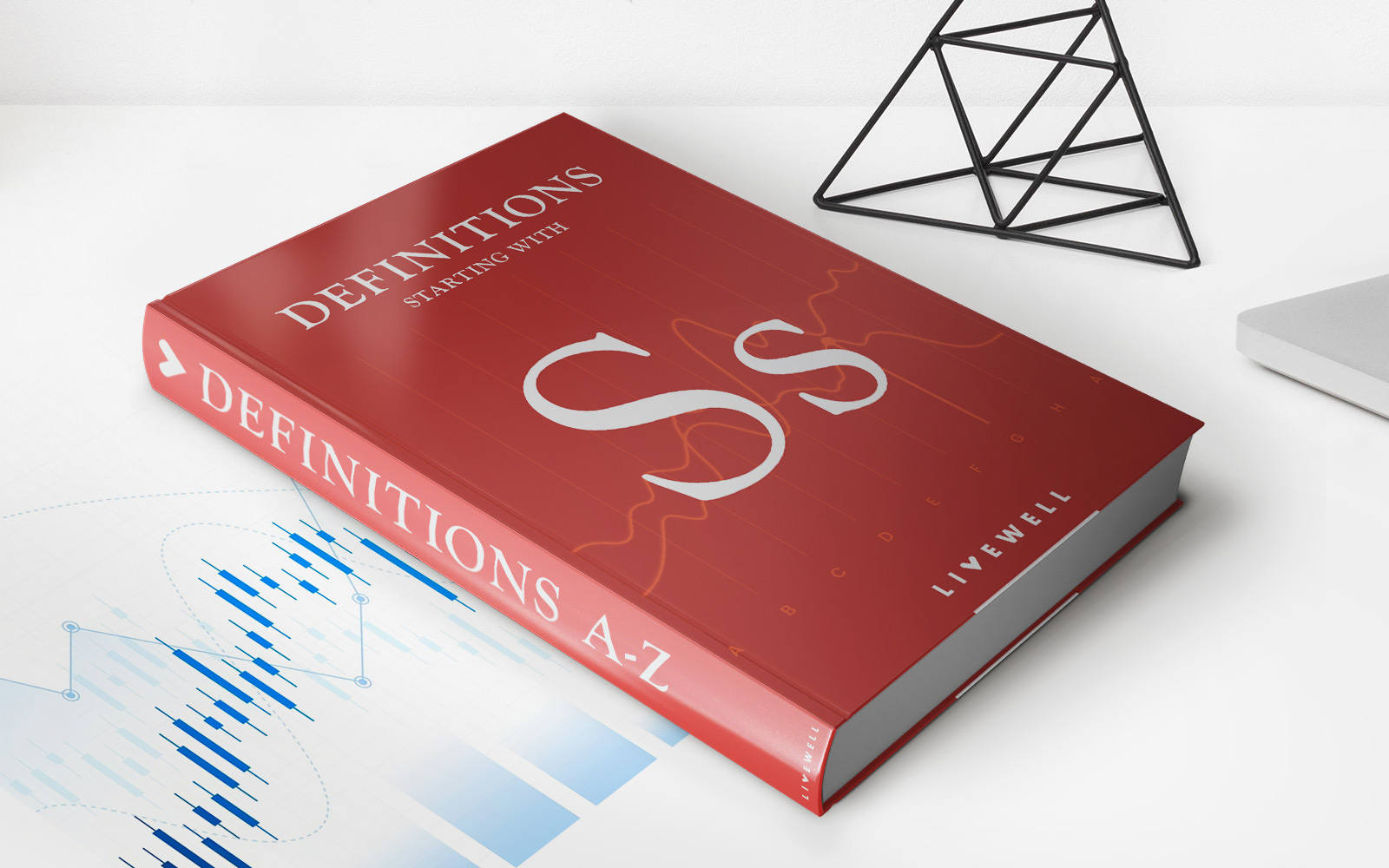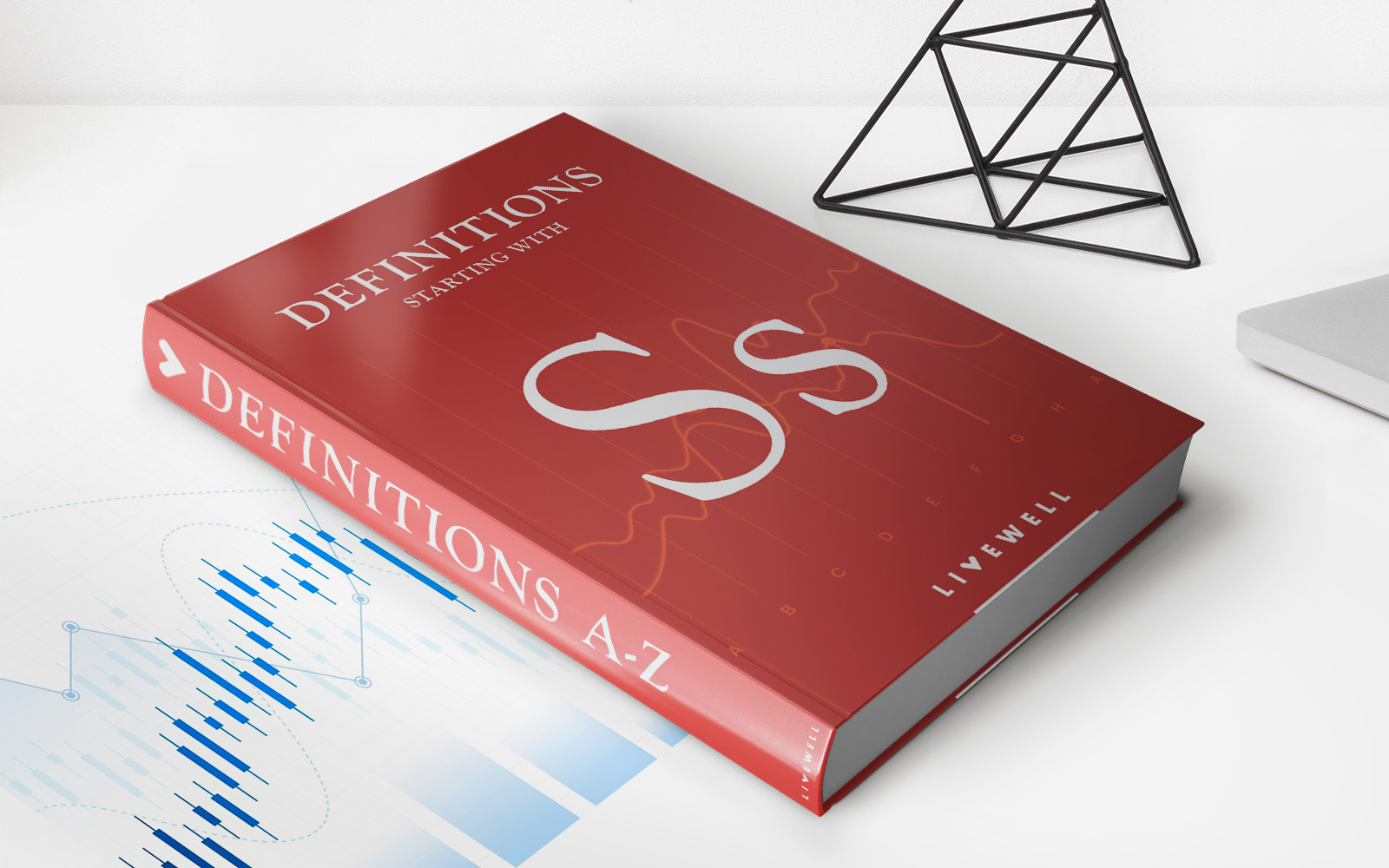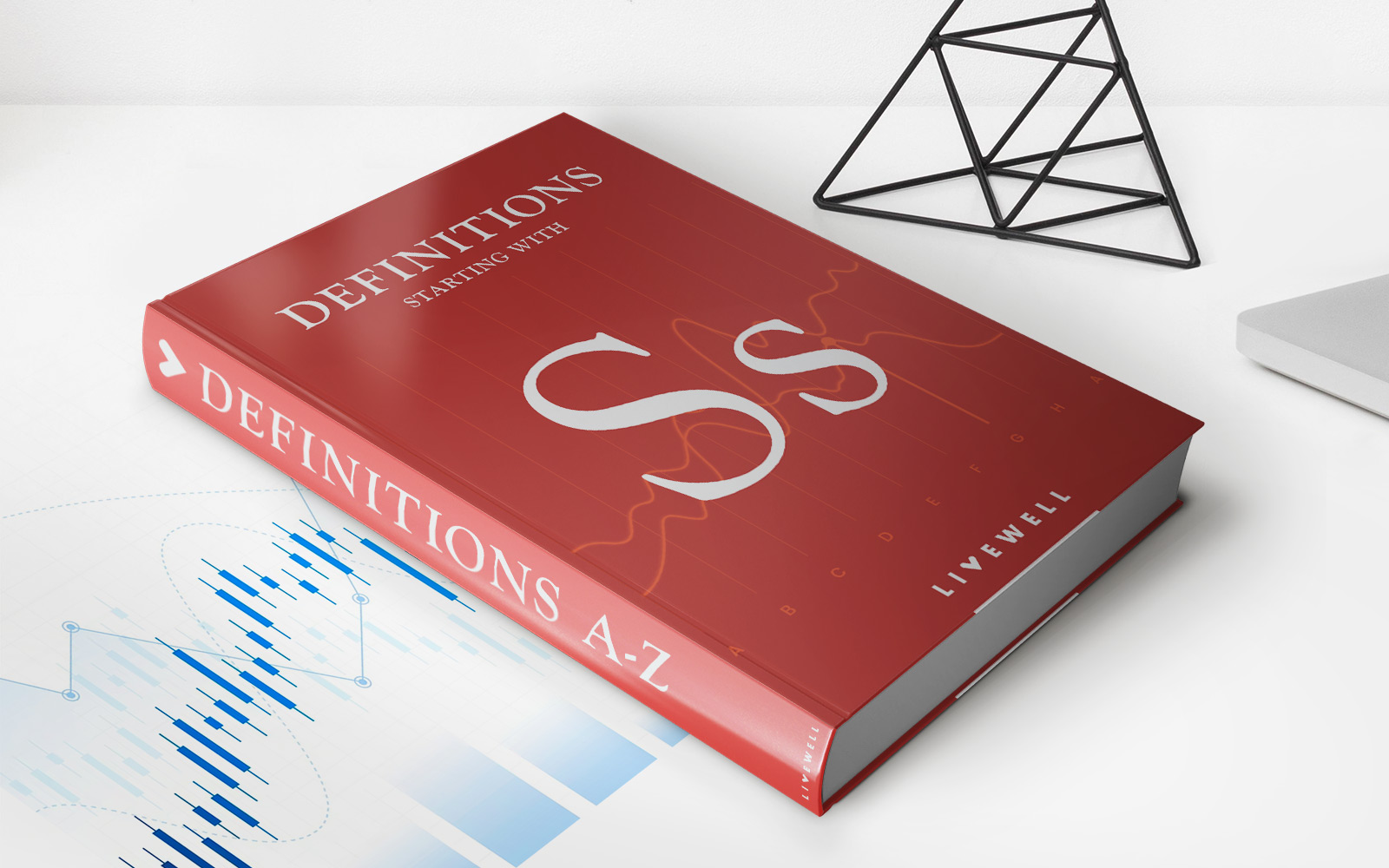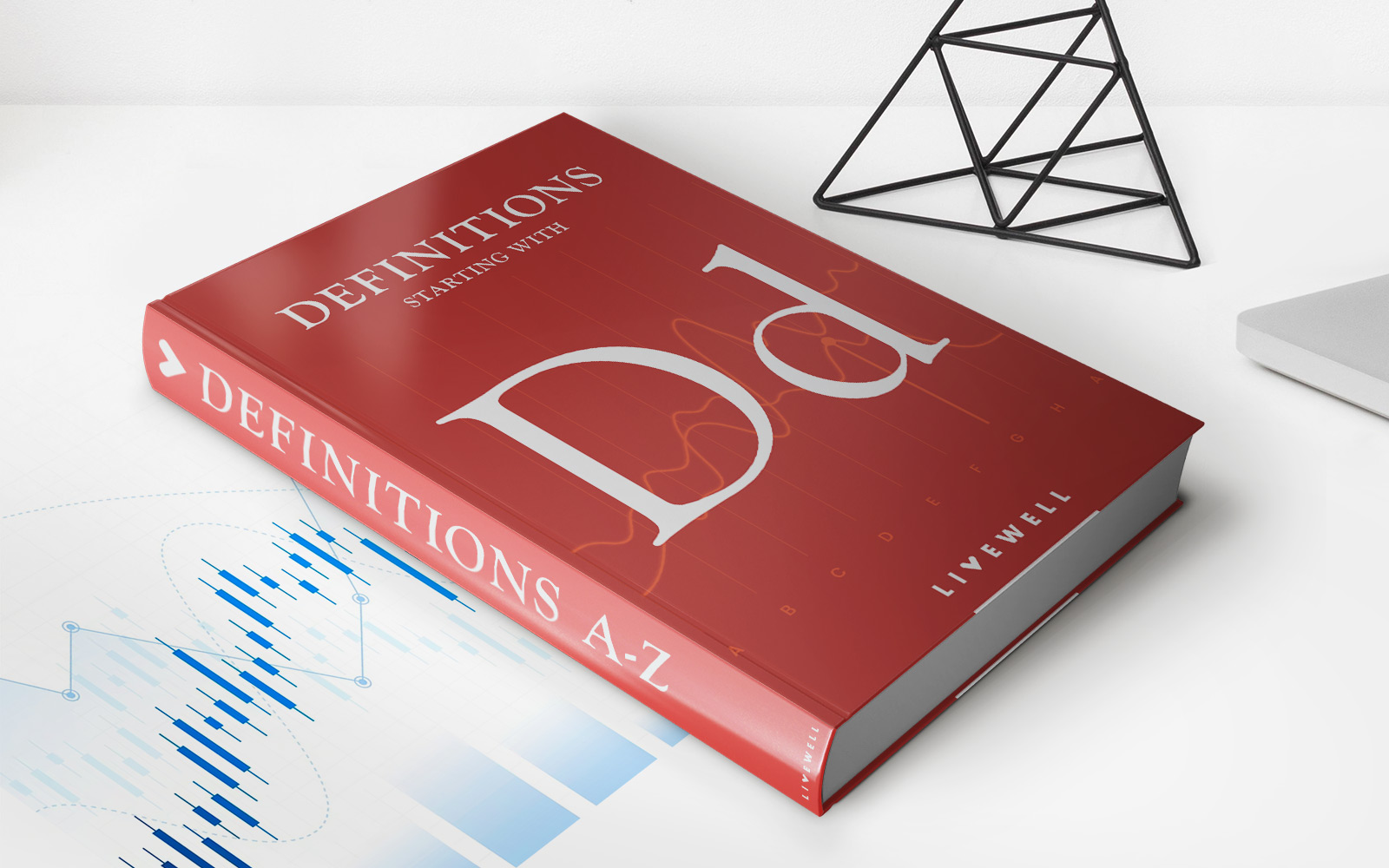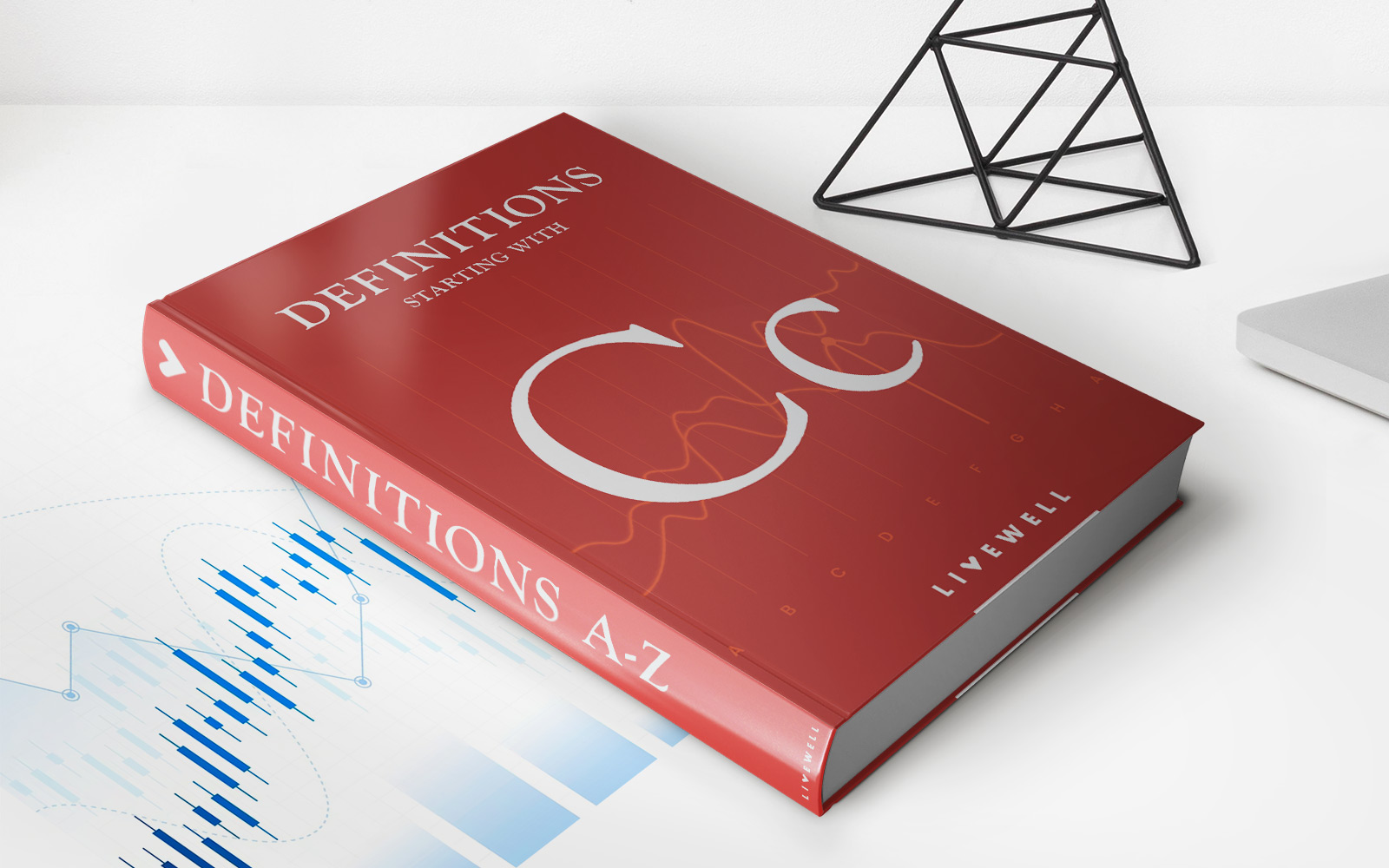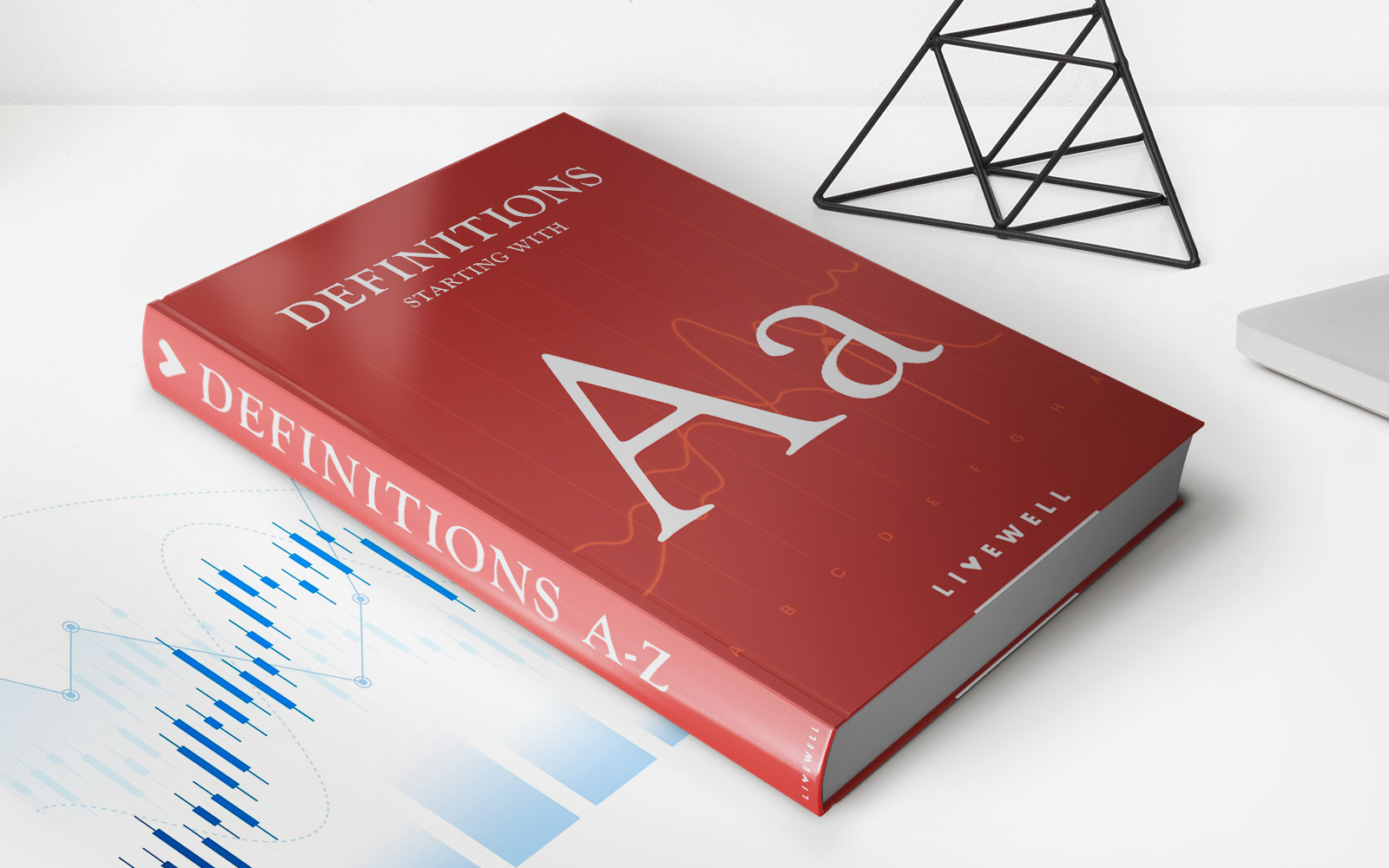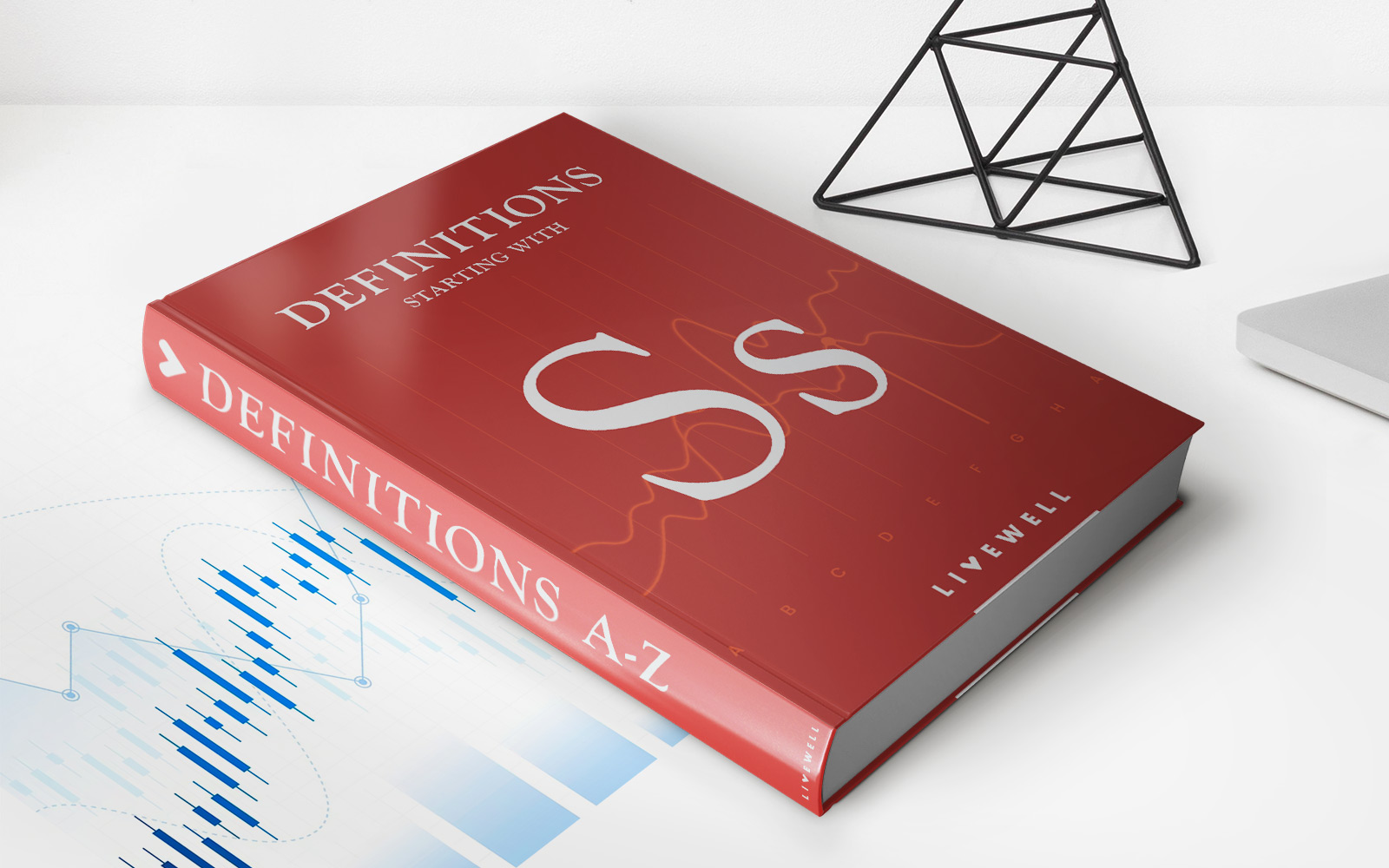

Finance
Subprime Loan: Definition, Uses, Downsides
Published: February 3, 2024
Learn about subprime loans in finance: definition, uses, and potential downsides. Explore the impact of subprime lending on the economy and individual borrowers.
(Many of the links in this article redirect to a specific reviewed product. Your purchase of these products through affiliate links helps to generate commission for LiveWell, at no extra cost. Learn more)
Subprime Loan: Definition, Uses, Downsides
Welcome to our Finance blog series, where we dive deep into various financial topics to help you make informed decisions. In this post, we’ll be discussing subprime loans – their definition, uses, and downsides. If you’ve ever wondered what a subprime loan is and how it may impact your financial situation, you’re in the right place.
Key Takeaways:
- A subprime loan is a type of loan that is granted to borrowers with low credit scores or a limited credit history.
- These loans typically have higher interest rates and less favorable terms compared to prime loans.
Now, let’s dig deeper and explore the world of subprime loans.
What is a Subprime Loan?
A subprime loan is a financial product designed for borrowers who have a low credit score or inadequate credit history. Usually, these individuals have difficulty qualifying for prime loans, which are offered to borrowers with good credit scores. Lenders offering subprime loans take on higher risks, as borrowers in this category are considered to be less creditworthy.
These loans are commonly associated with mortgages, but they can also be extended for auto loans, personal loans, and credit cards. It’s important to note that the interest rates and terms for subprime loans are generally less favorable than those offered to prime borrowers.
Uses of Subprime Loans
Subprime loans can serve various purposes, including:
- Homeownership: For individuals with less-than-ideal credit scores, subprime mortgages may be the only available option to purchase a home.
- Vehicle Financing: Subprime auto loans make it possible for people with lower credit scores to finance their dream cars.
- Personal Expenses: Some borrowers may rely on subprime personal loans to cover unexpected expenses or consolidate existing debts.
While subprime loans can offer access to credit for those who may have limited options, it’s essential to consider the potential downsides.
Downsides of Subprime Loans
Understanding the downsides of subprime loans is crucial before deciding to apply for one. Here are a few key points to consider:
- Higher Interest Rates: Due to the increased risk associated with subprime borrowers, lenders charge higher interest rates to compensate for the potential default risk.
- Less Favorable Terms: Subprime loans often come with less favorable terms, such as shorter repayment periods or higher upfront fees.
- Potential for Predatory Lending: Some unethical lenders may target subprime borrowers with misleading terms and excessive fees. It’s important to research and choose reputable lenders.
- Impact on Credit Score: If a borrower fails to meet the repayment requirements of a subprime loan, it can negatively impact their credit score, making it even more challenging to access credit in the future.
It’s essential to weigh the pros and cons carefully and evaluate your personal financial situation before deciding to pursue a subprime loan.
The Bottom Line
Subprime loans can provide access to credit for individuals who may not qualify for prime loans due to their lower credit scores or limited credit histories. These loans can be used for various purposes, such as homeownership, vehicle financing, or personal expenses. However, it’s essential to be aware of the potential downsides, including higher interest rates, less favorable terms, and the potential for predatory lending.
Before making any financial decision, it is recommended to consult with a financial advisor who can provide guidance tailored to your specific circumstances.
